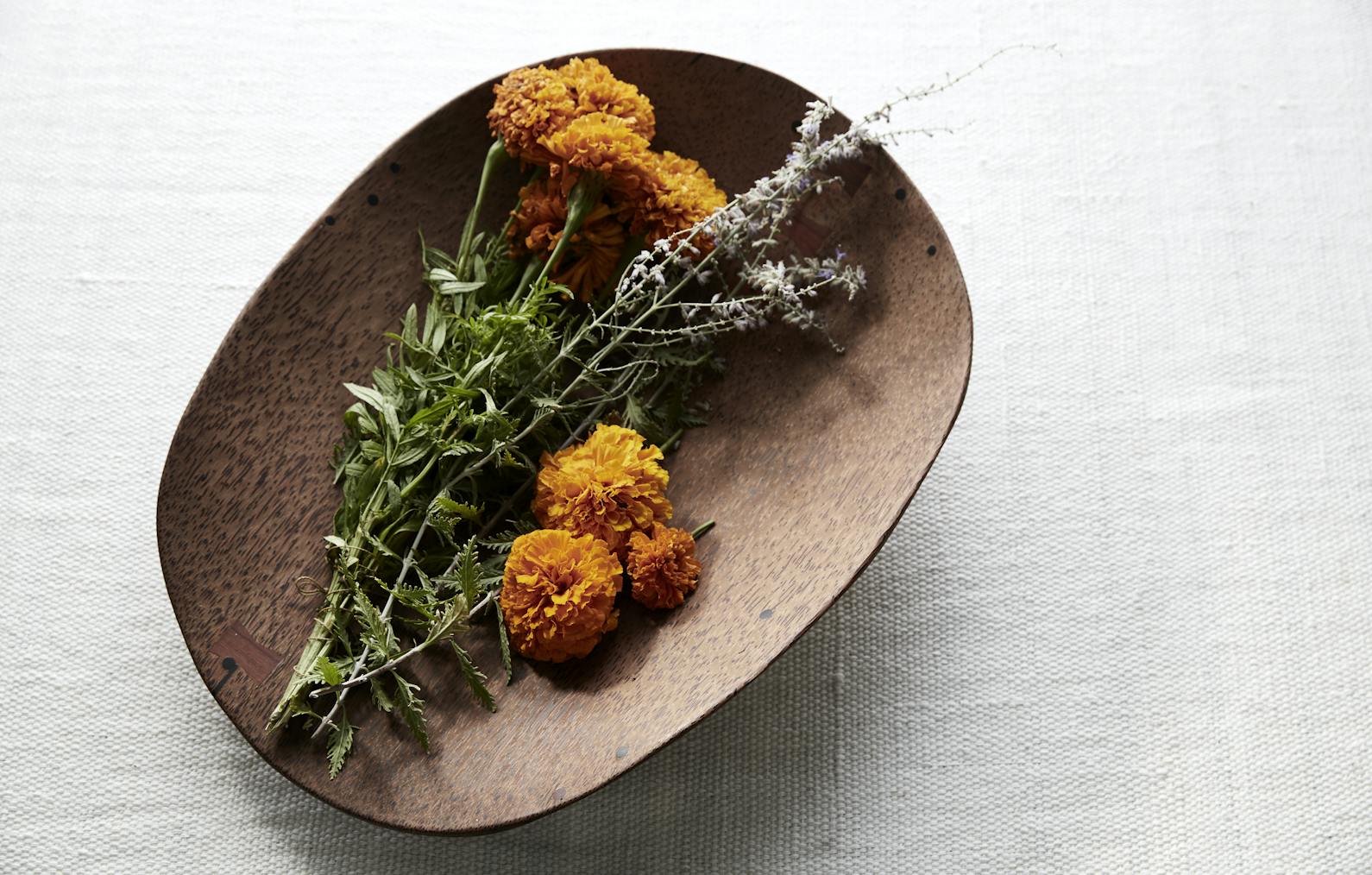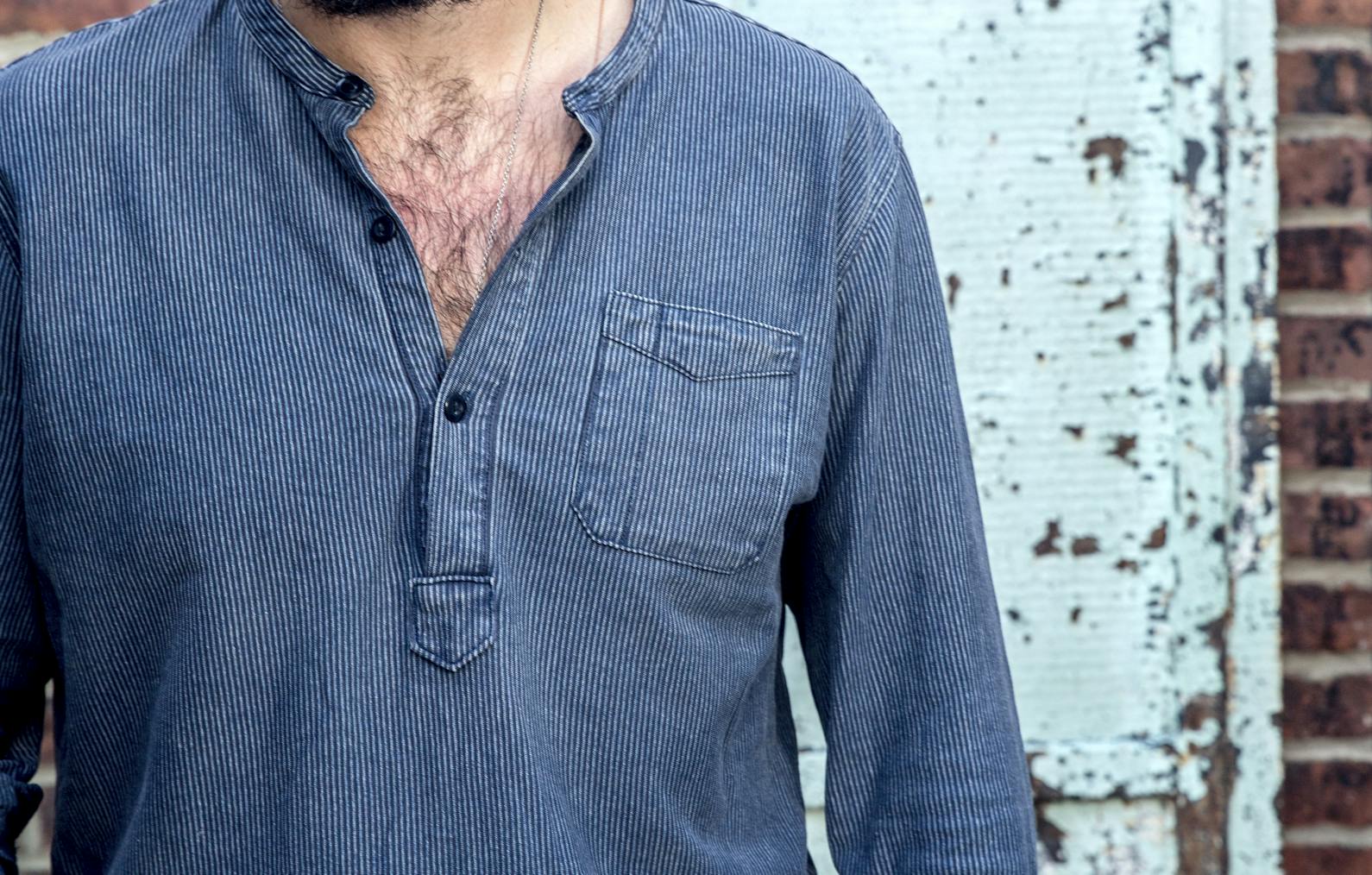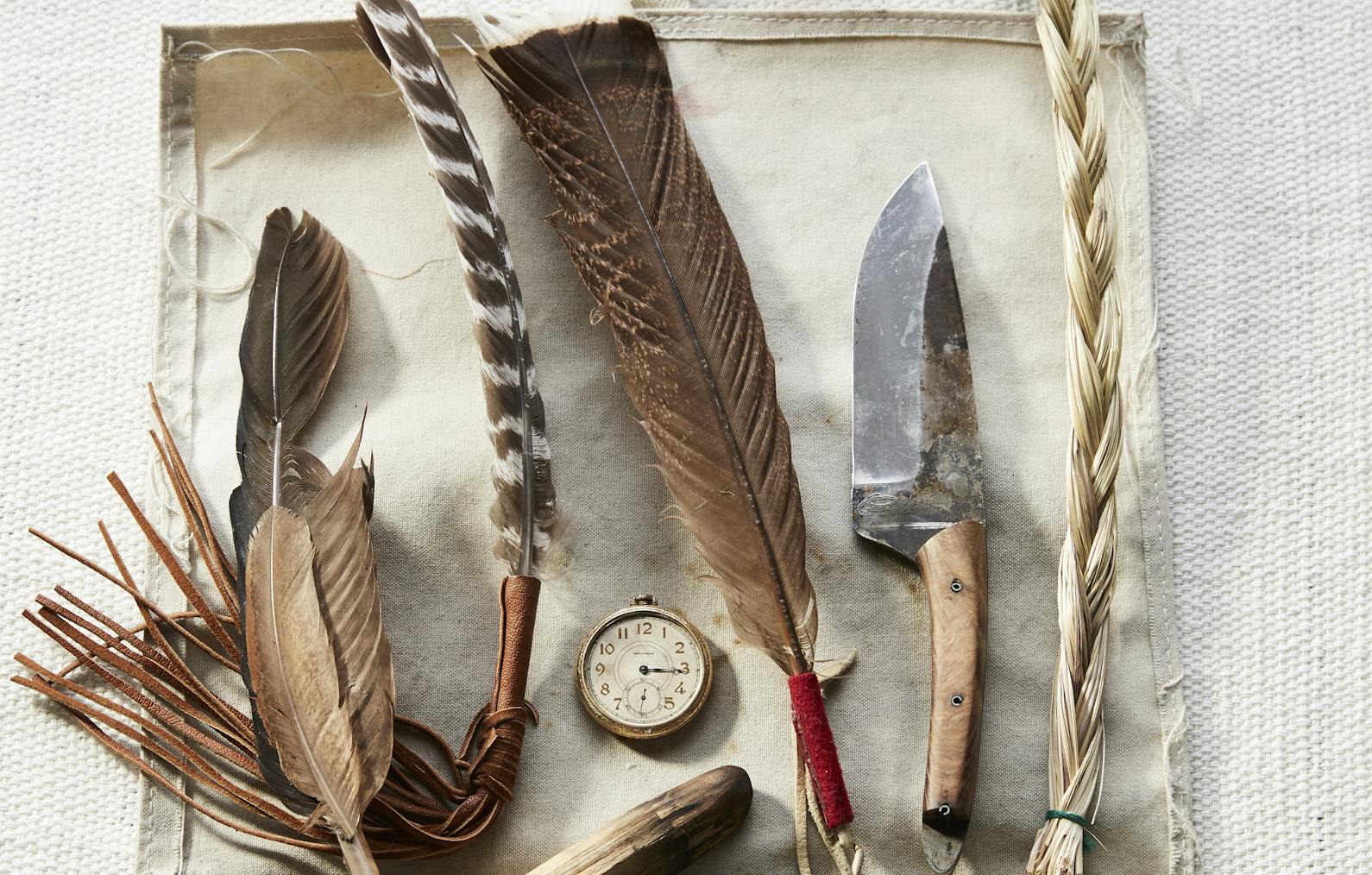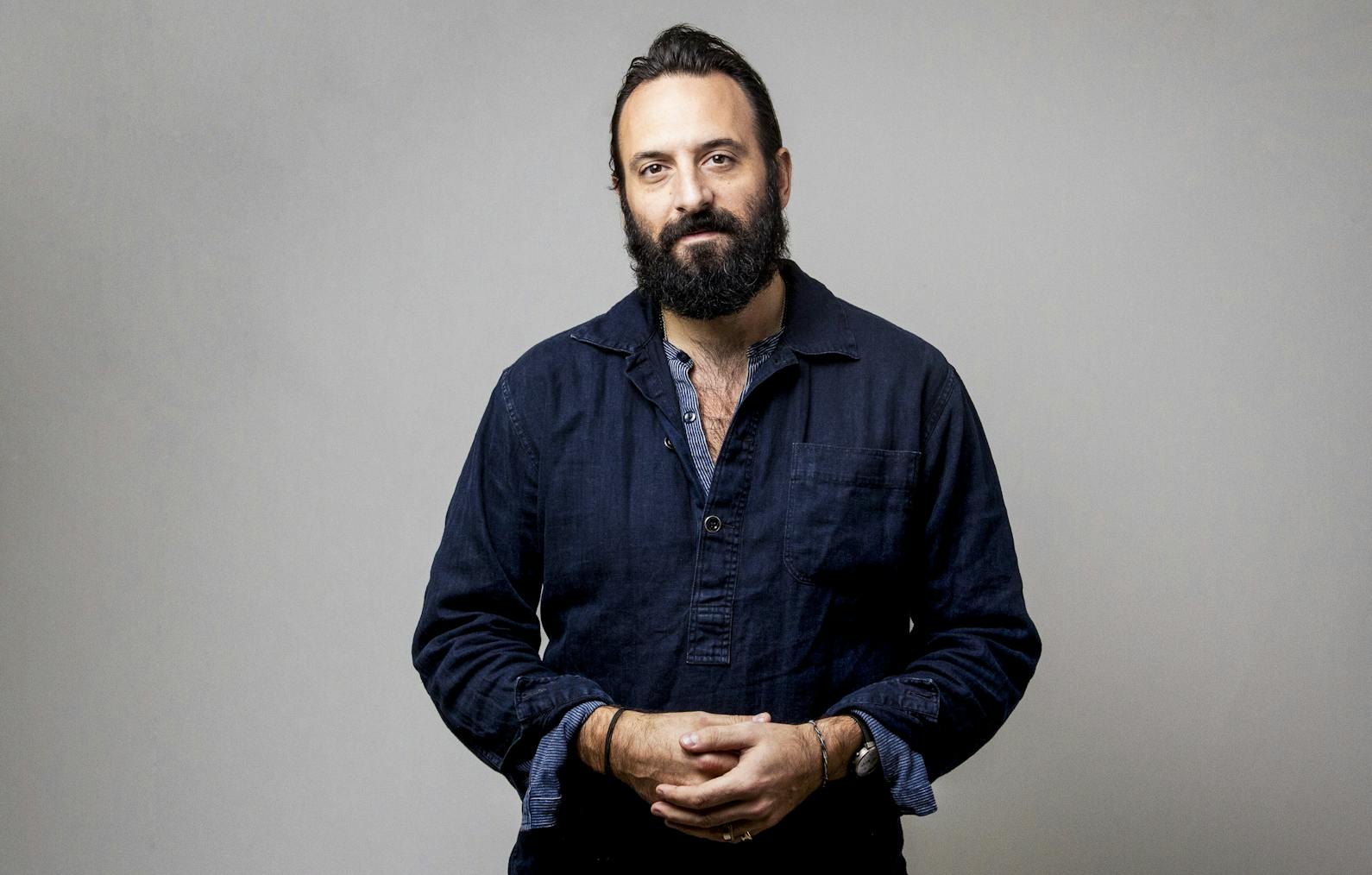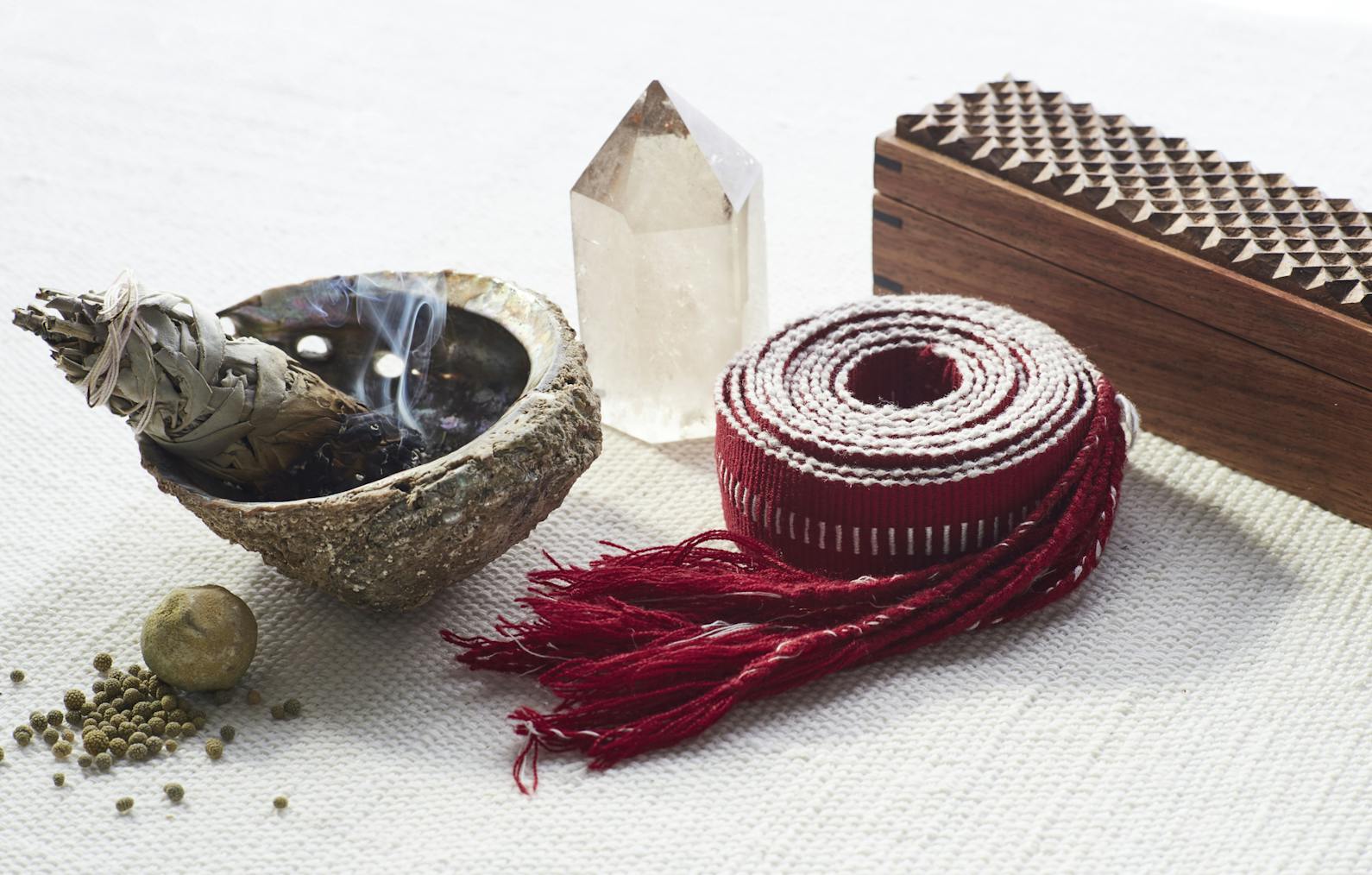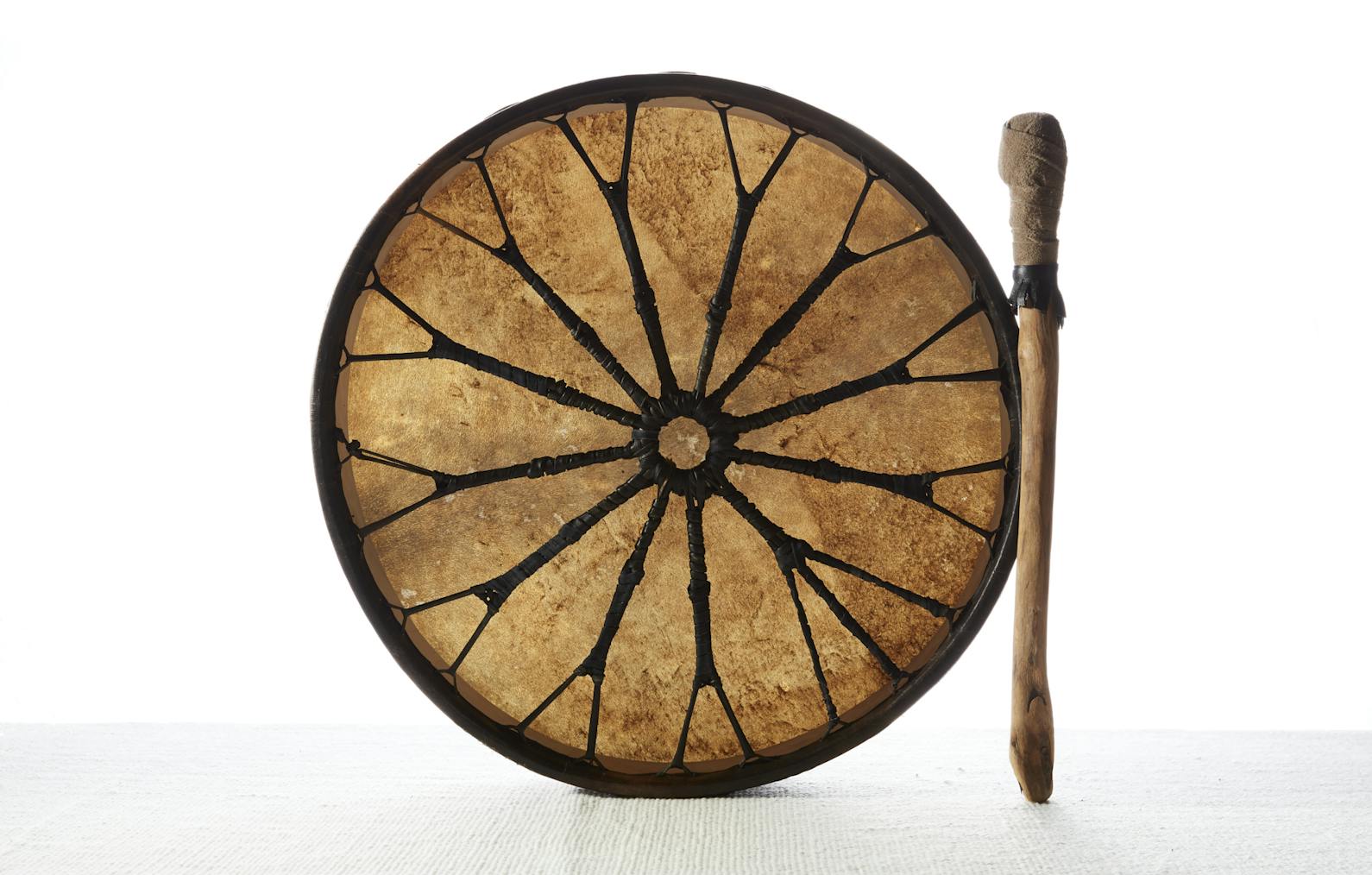Folk Medicine
New York
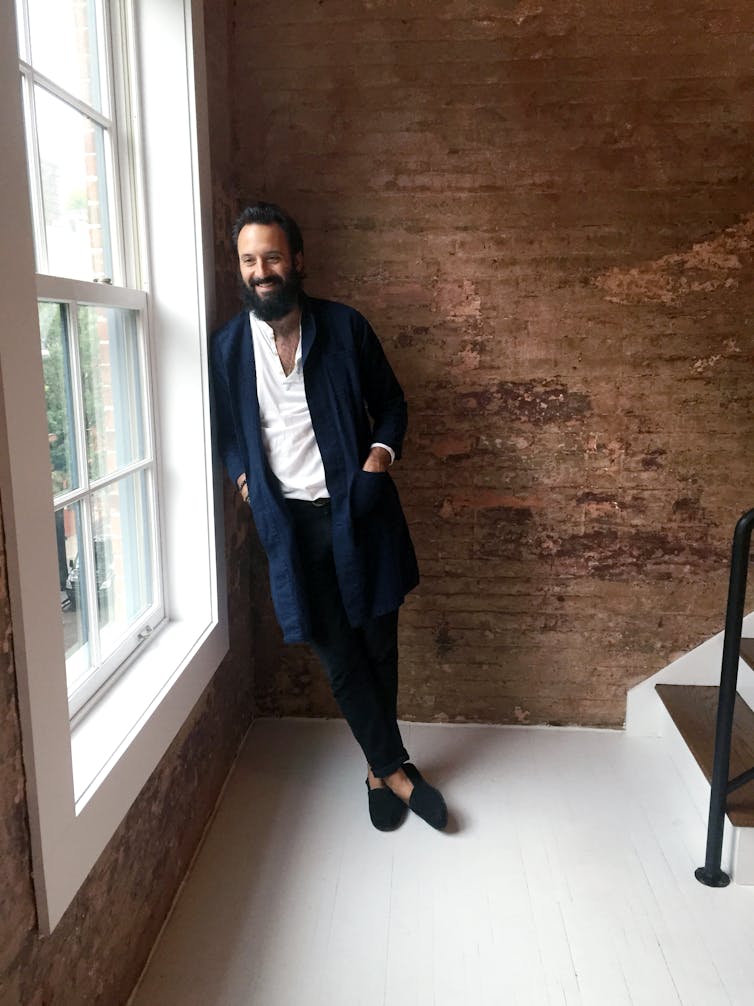
"This practice helps us understand where in the body and in your energetic body, trauma, stress and other ailments have gotten stuck. It works to resolve ailments through touch, prayer, and natural aids like stones, fire, salves, and plants to perform what is traditionally known as a Limpia, or a cleansing."
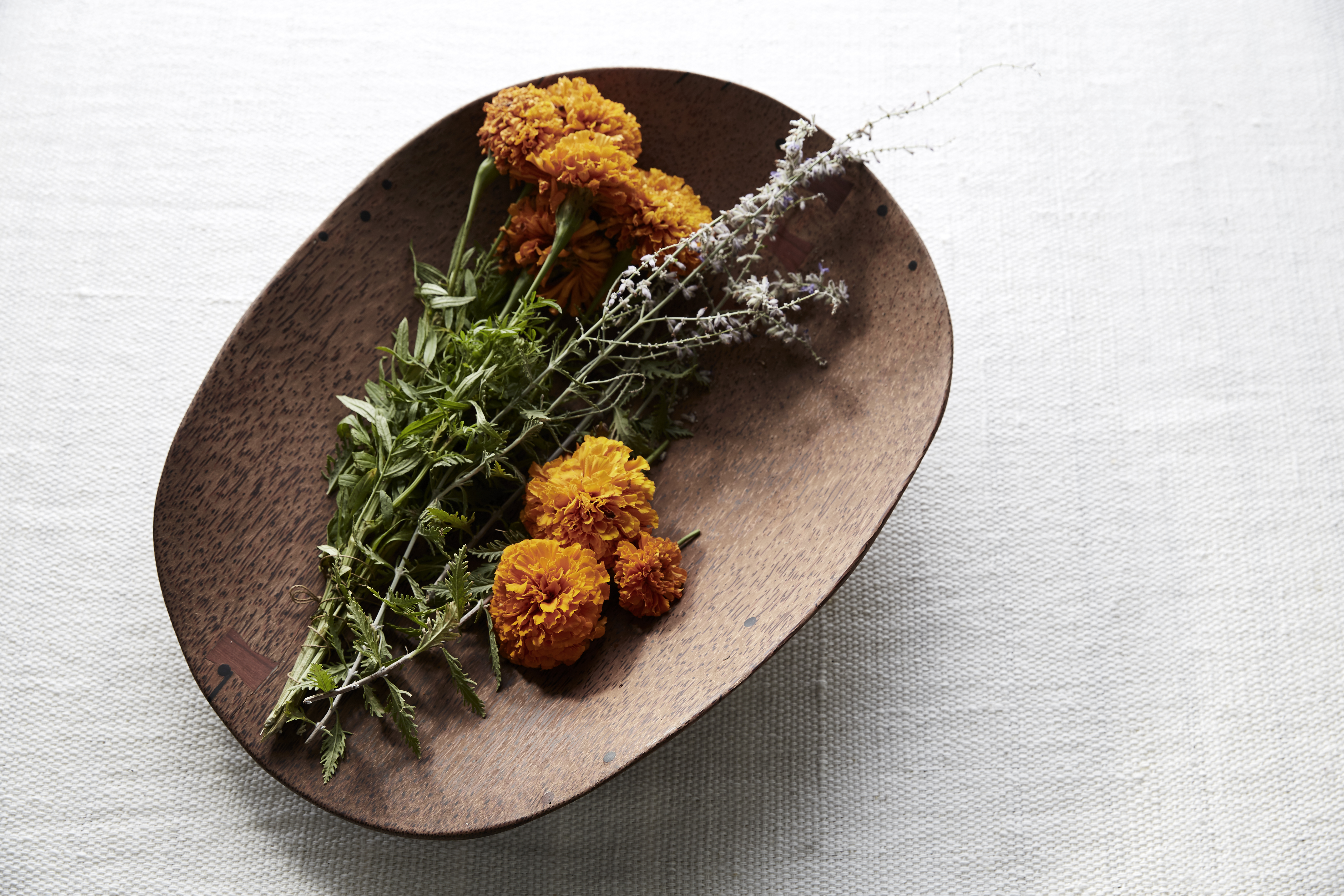
How do you describe your offering?
I work in a folk medicine tradition passed on to me from my teacher, a Nahua curandera. This practice helps us understand where in the body and in your energetic body, trauma, stress and other ailments have gotten stuck. The practice works to resolve ailments through touch, prayer, and natural aids like stones, fire, salves, and plants to perform what is traditionally known as a Limpia, or a cleansing.
What is a session with you like?
We start with a conversation to understand what brought you here. Then once you lie down, the first part of a treatment is physical. We explore key points in the body to assess the overall system to see if the ailments are emotional or physical, are they new or have they been with you a long time? Then we move to a lighter touch which is focused on clearing and bringing energy to these points so your body can begin to heal itself. The final part of a treatment focuses on the naval. In the Nahua cosmology, we focus here because that is where all of life starts, where we receive everything in utero, our nutrients, our blood, our connection to our lineage. In this tradition we use the smoke from sage and copal to support the energetic cleansing, and we use an egg as an energetic sponge to soak up all the things that are holding you back from thriving in life. Lastly, we end the session with a few rituals to ensure the work feels integrated before you head back out into the world.
What brings people to you?
There are three things that are probably the most common. Fertility (for men and women), which can sometimes be rooted in either emotional or physical causes. The second is what I would call listlessness or ennui; a sort of “who am I and what's happening in my life?” kind of moment. Looking back at the last decade of this work, I’d say that roughly half of the people who arrive on my doorstep are either in the midst of their first or second Saturn return, so late 20s-early 30s or mid 50s. These are moments in life when sometimes the signals are fuzzy and this is a way of getting the signals more clear. The third reason is really the “anything goes” bucket. It could be a general energetic tune up, migraines or back pain, depression or anxiety, grief or loss, the list goes on.
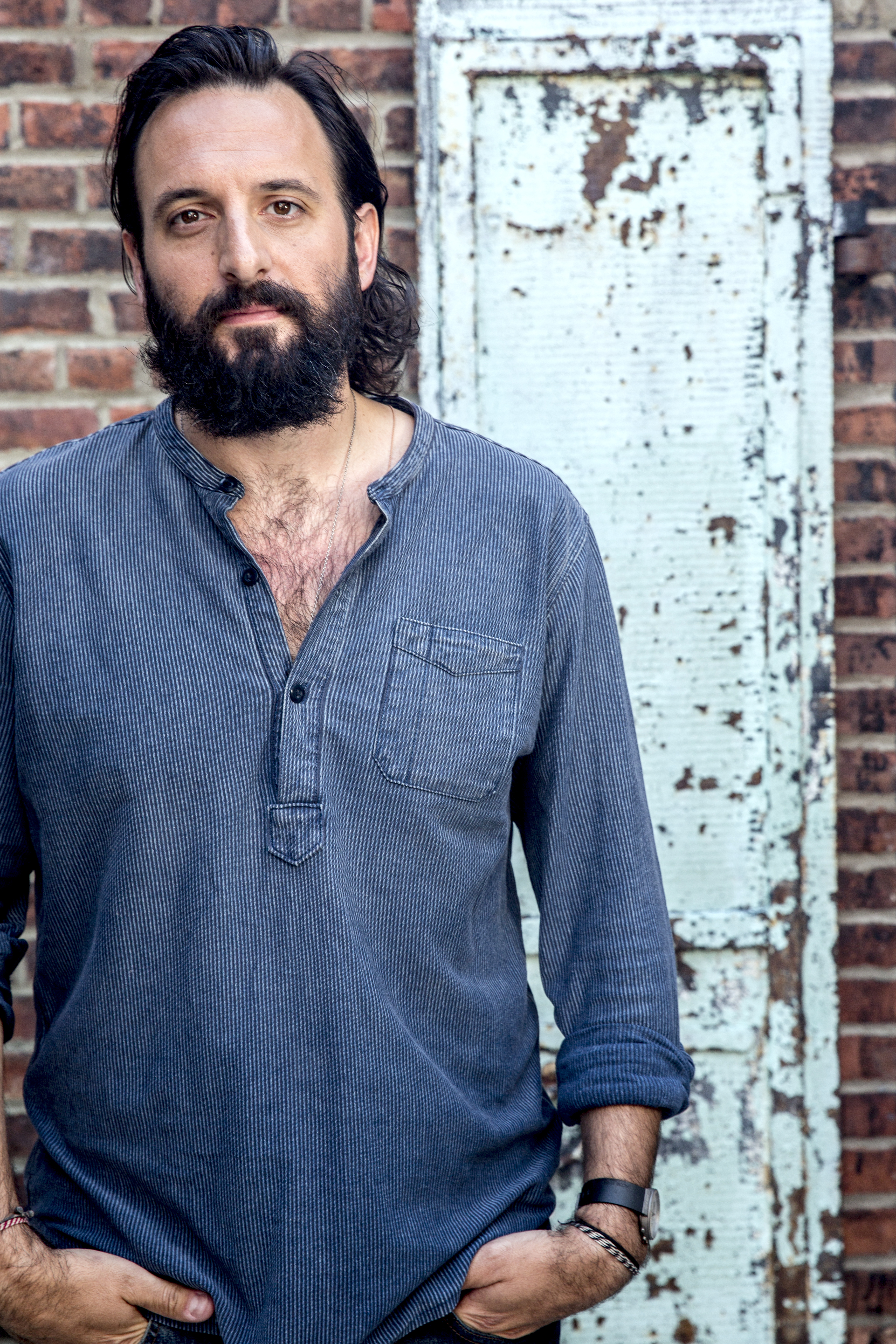
What brought you to this tradition?
This tradition found me. I was running a consulting business in my 20s, and coping with stress using drugs and alcohol as well as a lot of unhealthy habits that led to anxiety and depression. I eventually ended up with 3 herniated discs and could barely walk at 27. The doctor said I had to have spinal surgery but I would still have long-term pain. I decided to go down a more eastern medicine route with acupuncture, and eventually, with acupuncture, meditation, qigong, and some changes to my negative coping mechanisms, after 6 months my pain was almost completely gone. After I saw the power of that work I went down the spiritual “buffet line” and tried everything. It was at that time when a friend suggested I go see this “Mexican medicine woman” who was visiting New York. That was when I met Doña Leova and she put me through the paces. Her work was so strong and so very painful. She shook me into a place where I broke down and realized all the stuff I had been holding. At the end of our first session, she said she could see that I was looking for a teacher, and that if I wanted to learn her tradition she would pass it on to me. I feel honored that there are two people she has taken on as students in this way - her granddaughter and me.
What is her lineage?
It's called “the tradition of the grandmothers." Doña’s people, the Nahua, are descendants of the Aztecs and the Toltecs. In their communities, curanderas like Doña are also the midwives, village doctors, and death doulas.
How do you feel being a man in this grandmother tradition?
Training with her was learning how to listen and how to intuitively find my own way in this work. She is such pure, divine, feminine energy, but if she always worked in an archetypal feminine way it would be out of balance. She works so strongly and physically to create balance. On the flipside, I am a six foot four man, and so, inherently, I am more Yang energy by nature. So for me to create balance I work in a more Yin and lighter fashion. Finding that balance helps me to work more effectively. (Side note, outside of this work, I am an author and teacher of empathy and that work has served me greatly in finding my way of practicing this tradition).
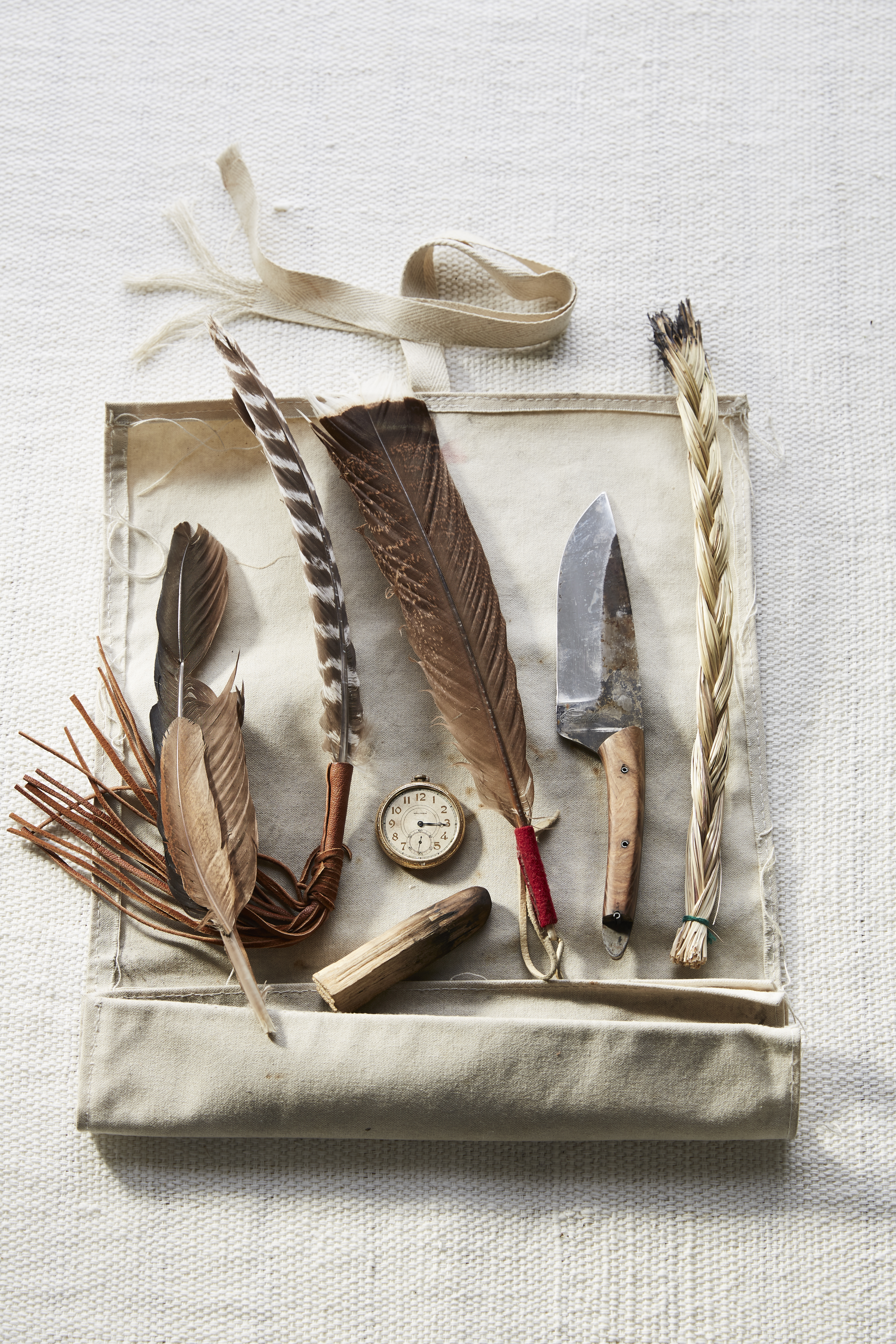
How do you honor the tradition?
This is something that I was invited into, and I’m always careful to not appropriate the language or the lineage. I am not a “shaman” or “curandero” because those aren’t words that I belong to. I say I work in a folk medicine tradition, in the lineage of my teacher, who is of the Nahua people. When we began working together I made Doña a promise - a contract she and I agreed to - I told her that I will honor and respect this tradition for as long as I walk this earth but I would not pass it on, because it is not mine to teach.
How does personal healing connect with community?
If you've never learned how to change your own tire, how are you going to help someone else with a flat? It's as simple as that. If you don't do the work on yourself, then how on earth could you be expected to contribute meaningfully to a larger community? You have the best practice partner with you 24 hours a day so learning how to overcome challenges gives you greater capacity for when the time arises for you to step up and help others.
Why do you think this kind of work is so popular right now?
As humans, we are innately drawn to things that we have always needed, which are community and opportunities to grow and be self-reflective, but most of us living in the US and other “Westernized” cities don’t have common rites of passage that help us to connect to our spiritual and communal nature. We’ve been trained to scattershot our approach and try many things rather than go deep on one thing. I am a big proponent of telling people to find the thing that works for you and go deep with that.
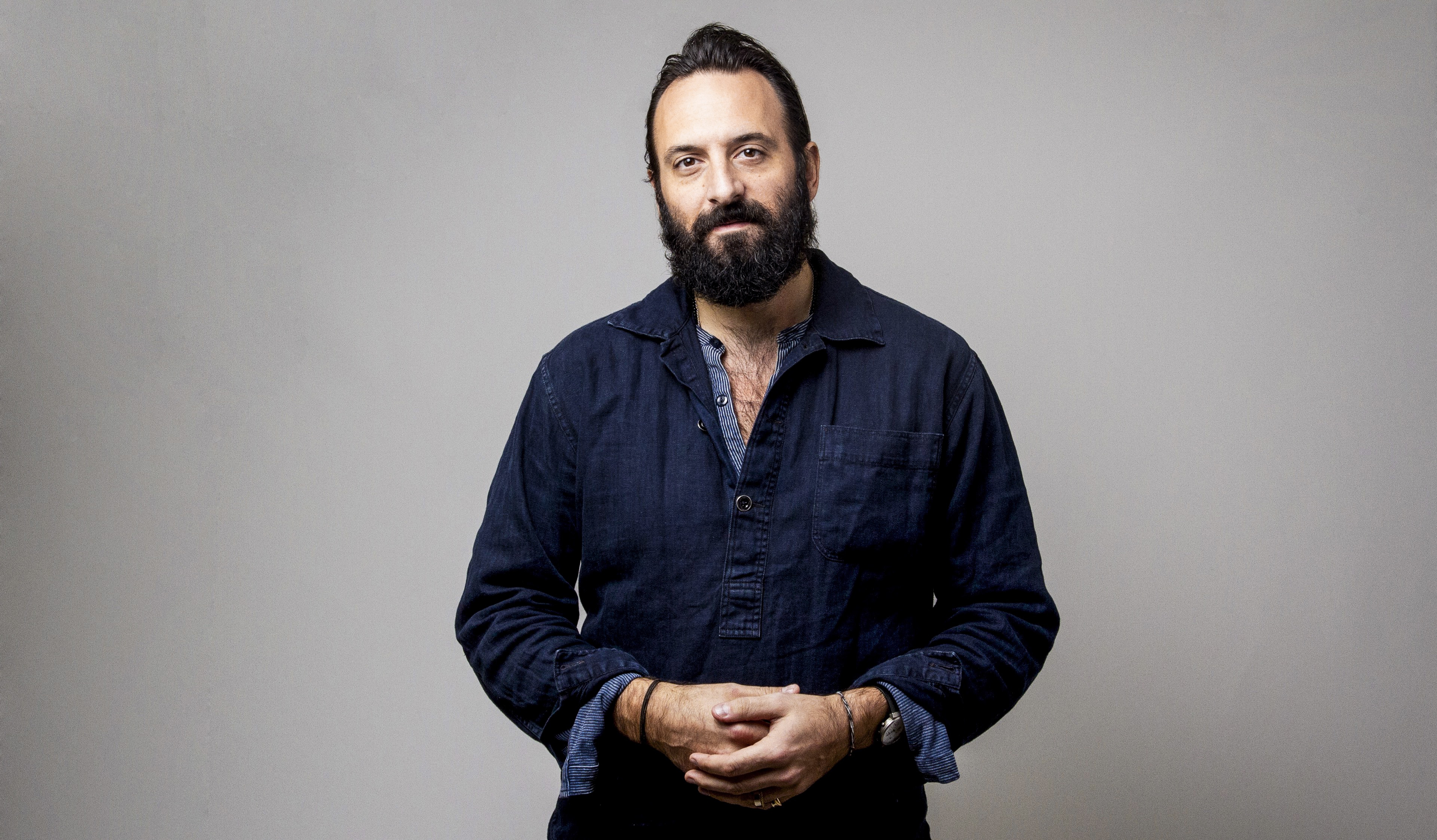
What words of wisdom do you always find yourself sharing?
You don't have to do a million things, learn “how to do less, better." In doing that, we go slower, and we pass through that boredom phase and into a deeper understanding. We've been taught there's competition all around us for everything but your life's journey has no competition, it’s just you. The question is, are you growing? And the only person who should be asking that is you.
What are some of your personal practices?
I like structure. So I have done the same thing pretty much every morning for the last decade. I get up, drink a glass of water, and then I do yin yoga, qigong, and prayer.
What items in your space are important to you?
There's always a Ganesh somewhere because philosophically I try to live my life with an aim to help remove obstacles for others (and myself).I usually have bitter herbs nearby to help support my system when I get tense or frustrated. I always have a crow feather around because crows have been good teachers to me and a totem that has shown up on different occasions when I needed support from outside of myself. There's usually I Ching coins somewhere - I like it as a practice of divination and contemplation. Oh, and plants and dogs. I’d be nothing without those.
Three books you recommend?
Strange Rites by Tara Isabella Burton
The Second Mountain by David Brooks
The Reality of Being by Jeanne de Salzman

